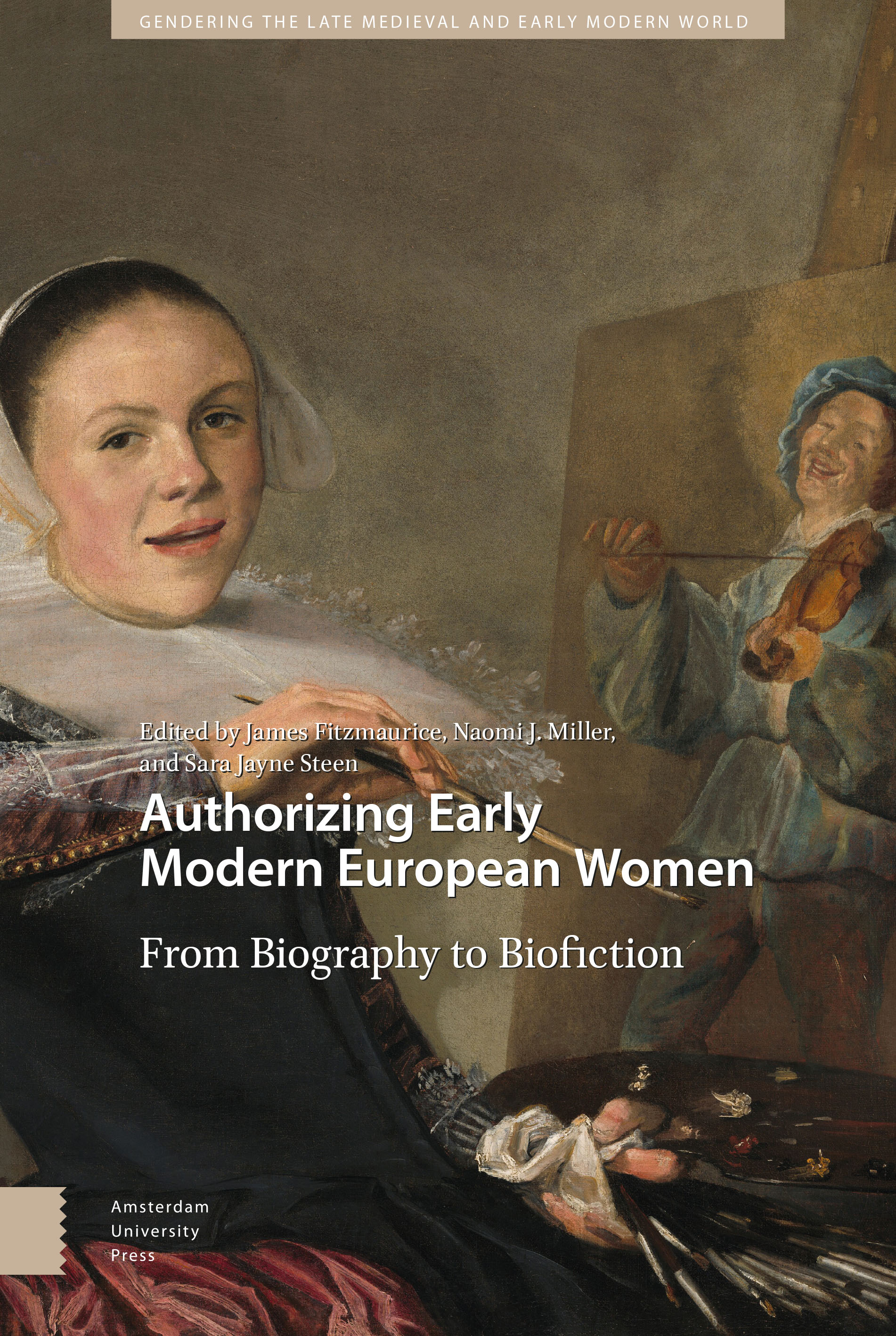21 - Afterword
Published online by Cambridge University Press: 16 December 2021
Summary
Abstract
In this Afterword, Michael Lackey explores how the essays in this volume significantly contribute to the booming field of biofiction studies. By clarifying what biofiction actually is and how it uniquely functions and signifies, the authors are able to illustrate how fictionalized versions of the lives of early modern women can expose insidious forms of patriarchal control, illuminate contemporary debates about art, and offer alternative ways of seeing the world.
Keywords: biofiction, early modern women, feminism, agency, social Justice
From the 1930s through the early twenty-first century, prominent scholars and writers as varied as Georg Lukács, Carl Bode, Paul Murray Kendall, Jonathan Dee, and Fredric Jameson have condemned or ridiculed the biographical novel, and what enabled them to do this was a faulty conception about the way the literary form functions and signifies. Because these authors see the genre as a version of the historical novel or biography, they use inappropriate models to analyze and interpret individual works. What the contributors to Authorizing Early Modern European Women do so well is to clarify what biofiction actually does, which enables them to subsequently clarify how authors can use the lives of early modern women to offer new insight into many fields of intellectual inquiry.
The volume opens with a splendid essay from Bárbara Mujica, who, as a scholar of Spanish literature and a biographical novelist (she has published influential biofictions about Frida Kahlo and Teresa of Ávila), provides an excellent framework for comprehending what the literary form is and is not and what readers should and should not expect to find in specific biofictions. Because Mujica so clearly establishes how the aesthetic form functions and signifies, readers are then in a position to appreciate the questions informing the subsequent essays: What is the value of biofiction? How can it be used to advance knowledge and understanding of history, women, humans, and life more generally? And specifically, how can fictional texts about the lives of early modern women contribute to the scholarly record and knowledge about contemporary culture? For example, Catherine Padmore clarifies how authors of biofiction use the life of the Flemish artist Levina Teerlinc to illuminate “ways of seeing and modes of representation” in both the past and present in order to affirm “female voice and agency”;
- Type
- Chapter
- Information
- Authorizing Early Modern European WomenFrom Biography to Biofiction, pp. 271 - 274Publisher: Amsterdam University PressPrint publication year: 2021



